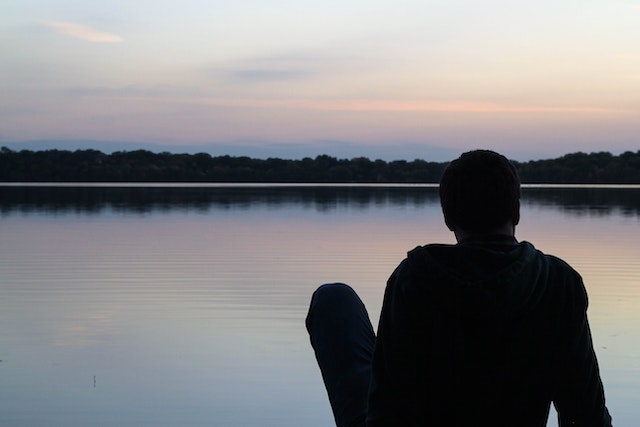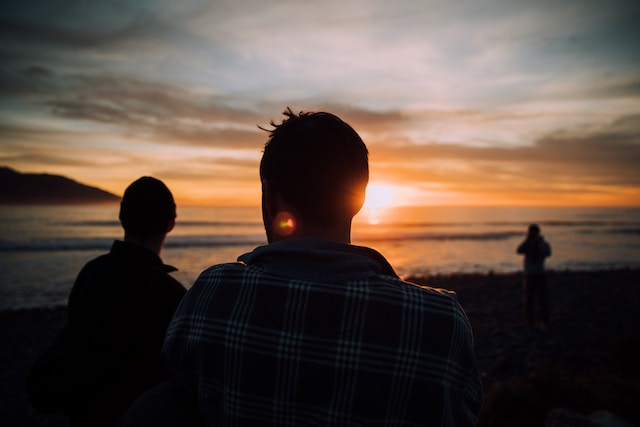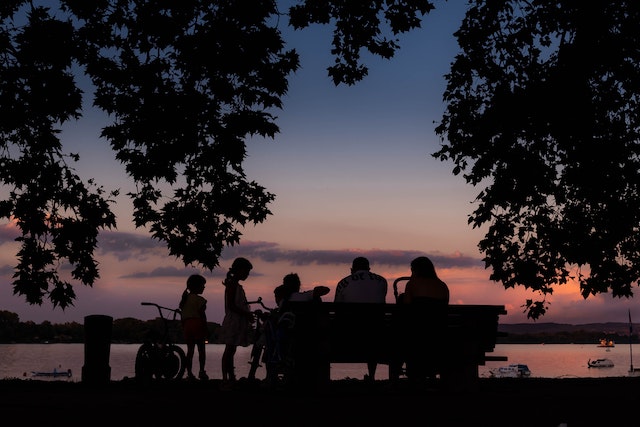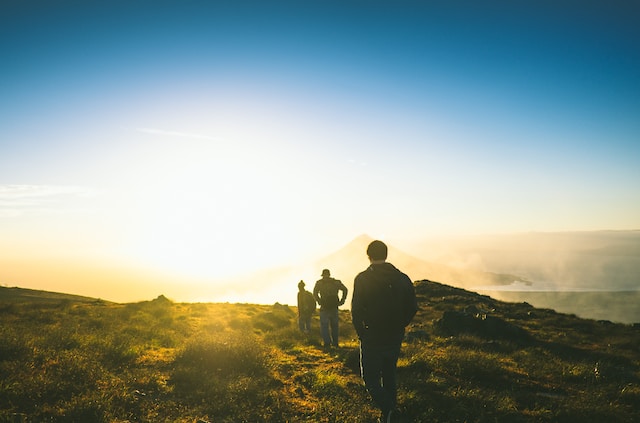Working with men who use violence Part 1: Aotearoa research, resources and updates
Fri 29 Sep 2023
This news story highlights key Aotearoa New Zealand research, resources and updates related to programmes for men who use violence.

Working with men who use violence: Aotearoa research, resources and updates
Media and the recent Ministry of Social Development registration of interest for men’s behavior change has brought attention and discussion to programmes for men who use violence. We highlight key research, resources and updates from Aotearoa New Zealand.
Mana Tāne research project
The Mana Tāne research project was part of the Amokura Family Violence Prevention project, a Tai Tokerau iwi-led violence prevention strategy which ended in 2011. To explore how tāne Māori become violence free, Mana Tāne interviewed 20 tāne Māori who had been identified by wāhine Māori as ‘Safe Tāne Māori’. Tāne also needed to live in or whakapapa to Tai Tokerau and to have been exposed to violent environments. The report, A Mana Tāne Echo of Hope: dispelling the illusion of whānau violence (2009), shares findings from the project.
The report concluded that for these tāne, becoming safe had required two strategies. The first was replacing abusive thinking with non-abusive Māori values: “As Tāne Māori explored the messages within their own life stories, and those of their immediate and wider whanau networks regarding oranga whanau, a non-abusive Maori values base began to be established.” The second strategy was replacing abusive peers, practices and environments with supportive friends: “The characteristics of support people changed as significant change occurred, which prompted forsaking acquaintances and events still tied to violent abusive behaviours.”
Wāhine involved in the project also explored what Safe Tāne Māori means. They made 5 observations about Safe Tāne Māori:
“1. they are fallible, but can strengthen their resolve to change as they develop;
2. they demonstrate empathy and are comfortable with talking about their feelings;
3. they discovered better ways to deal with anger;
4. they were active participants in facilitating space for healing loved ones affected by abuse;
5. they accepted culpability for their actions and thinking.”
Family Violence Death Review Committee’s Sixth report
The New Zealand Family Violence Death Review Committee’s (FVDRC) Sixth report: Men who use violence | Te Pūrongo tuaono: Ngā tāne ka whakamahi i te whakarekereke (2020) looked at the lives of 97 men who used violence against their partners. They found missed opportunities to turn men away from their pattern of violence. The report reframes the understanding of men’s use of violence against women as holding “...the dignity and safety of women and children at the centre while also acknowledging the potential for men to change their behaviour.”
The report highlights “...the lack of resources and support for men who want to stop using violence,” while also warning that “It is important that our work with men does not reduce the resources available to support women and children.”
The report found that all of the men:
“...do have the capacity to move away from using violence (Table 8) when services:
• use strategies that recognise the relationship between structural and interpersonal violence
• focus on healthy masculine norms to promote behaviour change, responsibility and accountability
• reconnect men with positive forms of social support, including cultural reconnection and restoration
• engage wider organisation structures, families, whānau and communities in the change process
• set an expectation that men as fathers can make a positive (rather than violent) contribution to the family environment
• address negative health and social factors, such as poor housing, lack of employment, and drug and alcohol abuse, while acknowledging that where a man has no experience of these factors, it does not rule out the possibility that he will use violence.”
The FDVRC report highlighted the 0800 HEY BRO helpline as a promising initiative, writing that it aims to " '...de-escalate the situation, provide an empathetic ear and navigate them to a safer place. This service also helps to remove barriers to men who want help but don’t know how to approach help seeking on a face to face basis.' "
0800 HEY BRO (0800 439 276) is a 24/7 prevention helpline, for men who feel like they might harm themselves or someone else, as well as other mental health support. Wāhine, rangatahi and tamariki can also call the helpline. The team provides support during the call as well as wrap-around support as needed, including access to counselling and treatment to help men live without violence.
0800 HEY BRO was launched in 2018 by He Waka Tapu, a kaupapa Māori organisation operating in Ōtautahi (Christchurch), and now Hakatere (Ashburton) and Chatham and Pitt Islands. Founder of 0800 HEY BRO, Damien Petersen, recognised that the only support available to men was after they had hurt someone — there was no support to prevent the violence.
Ngai Tahu's Te Karaka Magazine highlighted 0800 HEY BRO's approach:
"Callers are supported in real time on the phone, as well as receiving in-depth support after that first call is completed. Programmes are put in place and tools are given to all callers – both tāne and wāhine – to navigate their relationships towards their own wellbeing. Jackie [Jackie Burrows, He Waka Tapu CEO] says this fits in with the broader kaupapa of He Waka Tapu – embedding preventative measures into our whānau and communities."
See the related media below for information about related programmes for men, such as the Seuga programme offered through Christchurch-based Aviva.
Related resources
He Ara Mataora is a website with information and tools to help people who want to stop violence without using state services such as police and courts, social workers or agencies. The website contains information about violence and responding to violence, stories from people responding to violence, and tools for people who have been harmed, people who are causing harm, and people who want to help to work out what to do, based on their situation and values.
Te Wānanga o Raukawa launched He Ara Mataora in 2018. Te Wānanga o Raukawa recognised the lack of options for people wanting to end violence without using the State’s criminal system, saying the negative impact of the State's criminal system “...makes our communities less safe, and makes it harder for people to get the support they need. … We need ways to respond to violence that strengthen our communities.”
Te Wānanga o Raukawa is a tikanga Māori tertiary education provider based in Ōtaki since 1981. He Ara Mataora project was started to support communities based on the Wānanga experience with Te Kawa o te Ako. Te Kawa o te Ako is an expression of the guiding kaupapa of Te Wānanga o Raukawa. Te Wānanga o Raukawa developed Te Kawa o te Ako to maximise the learning and teaching potential of their students and staff, and to prevent problems: “In particular, it aims to curb activity reducing the capacity to learn and teach.” He Ara Mataora is intended to help people develop their own strategies for responding to violence based on their situation and values.
Related news
The draft report, Uncover, Discover, Recover: The Peer-Led Journey to Redemption for Men Who Have Used Violence (2023), shares findings from an evaluation of the SafeMan, SafeFamily programme. The evaluation was funded by the Ministry of Social Development and completed by Point Research and Awa Associates.
The MSD Family Violence and Sexual Violence updates for July and June, highlighted new MSD website campaigns focused on men. To find out more about these campaigns contact MCP_Social_Action@msd.govt.nz.
Related media
Fathers Fono - The importance of culture within our families, Pacific Media Network, 06.11.2023
Workshop aims to reconnect Samoan fathers to fa'asamoa, Pacific Media Network, 24.08.2023
PFL Partner Series: Taeaomanino Trust, Pasifika Futures news, 17.08.2023
Tauawhi opens respite house for men, The Gisborne Herald, 12.08.2023
PFL Partner Series: Fono Faufautua Samoa, Pasfika Futures news, 11.08.2023
Barber launches app to tackle Pacific men's mental health issues, PMN News, 13.07.2023
She Is Not Your Rehab founders launch wellbeing app for men, One news, 27.06.2023
Image: Kristin Vogt on Pexels






